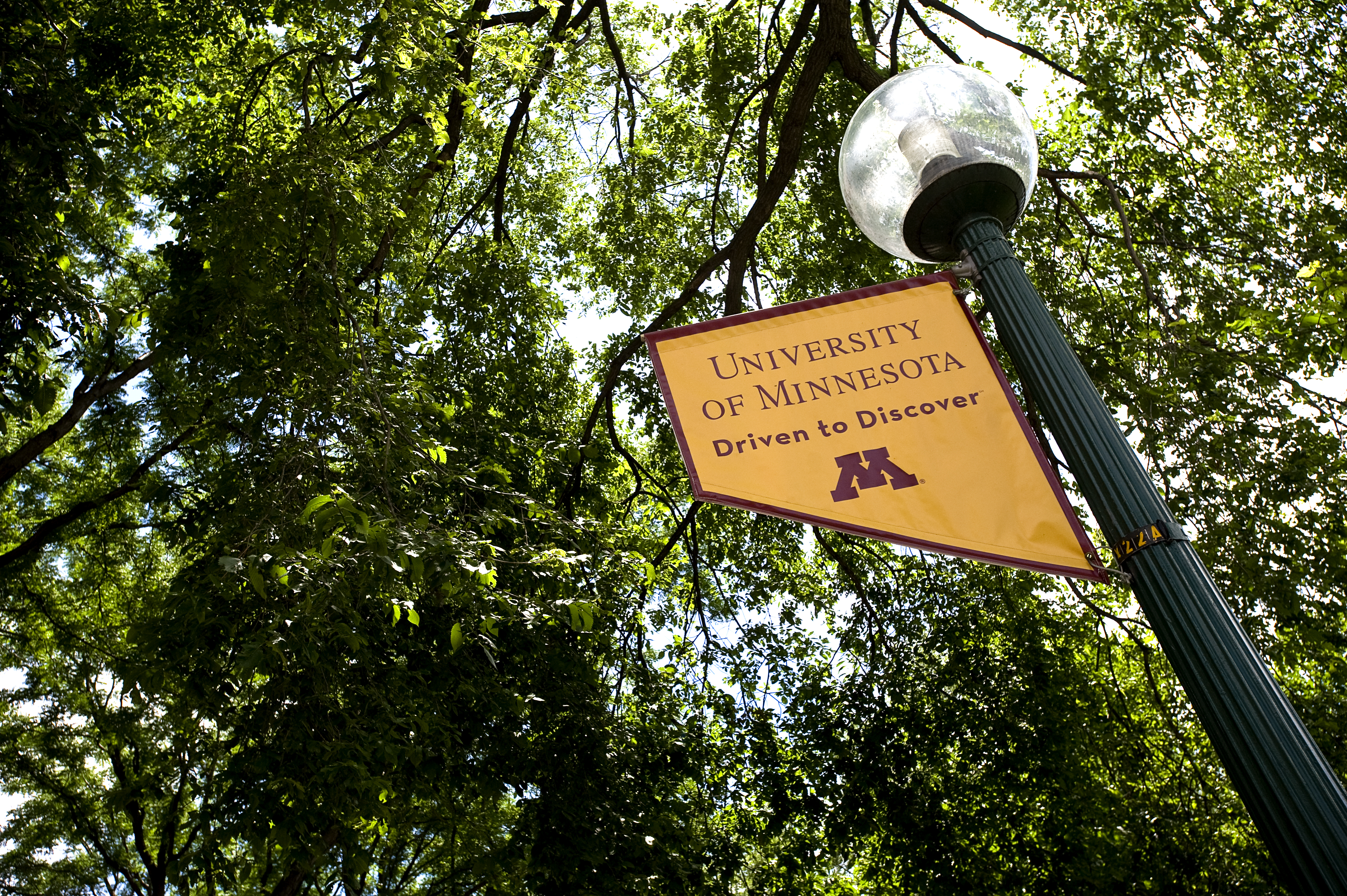The College of Design is pleased to announce that 12 of its individuals and teams received funding from the University’s 2023 Imagine Fund. These grants support innovative research in the arts, humanities, and design fields. Design faculty and researchers will use the funds for historical investigation and analysis, community-based design, and experimental technology applications.

World's Fair: An Experimental Field of Architecture and Urbanism
Dingliang Yang (Architecture)
Analyzing the World's Fair as both subject and object through 20 case studies, this project will produce three-dimensional models for the exhibition “World’s Fair: An American Tradition in Architecture and Urbanism Innovation” (HGA Gallery, July – November 2023). The multimedia exhibit will explore how the World’s Fair has historically incubated, promoted, and disseminated building design innovation to improve the built environment and living conditions for humankind. Like the World’s Fair, this exhibit will demonstrate how design addresses urban challenges across multiple scales.
Co-Designing Restorative Apparel Part 2
Elizabeth Bye (Apparel Design)
This project builds co-design partnerships between several Indigenous apparel makers, the primary investigator, and an apparel graduate student who is a member of the Minnesota Chippewa Tribe, Leech Lake Band of Ojibwe. The goal is to co-design garments that reflect core values of gratitude and reciprocity, exemplify traditional approaches to modern restorative apparel, and demonstrate practical sustainable apparel use.
REPAIR: Mapping Disability Heritage on the National Landscape
Gail Dubrow and Laura Leppink (both Architecture)
This project supports ongoing research to dismantle ableism and holistically address disability in heritage conservation by conducting usability and content testing for the website, “Mapping Disability Heritage on the National Landscape.” This website presents case studies of disability history sites across the United States. Website usability testing will ensure that it reflects the goals of the research: to transform preservation through a disability justice framework.
Automated Colonization: Contemporary Specifications and the Dispossession of Indigenous Lands
Jessica Garcia Fritz (Architecture)
With tribal sovereignty and climate justice in mind, this project explores how current architectural and construction specifications perpetuate settler colonialism. It unites two related discourses about specifications and settler-colonialism, while also revealing how the shift to digital instruments exacerbates settler-colonial practices by further disconnecting architects from the material and physical labor they specify.
Resilient Infrastructure: Testing Land-based Infrastructures (LBI) for Climate Change Adaptation
Jessica Rossi-Mastracci (Landscape Architecture)
This proposal extends previous research work that catalogs and draws existing land, water, air, and fire land-based infrastructural typologies. The investigator will design, locate, and build a series of site-specific, land-based infrastructures to explore form, alterative materiality, change over time, and impact on multi-scalar landscape systems.
Asset-Based Approaches to Supporting Mental Health: Co-Design with International Students and Mental Health Counselors
Ji Youn Shin (Product Design)
This three-phase study will design and evaluate a mental health mobile app for international students. The study will examine and utilize asset-based design to leverage the strengths, cultural knowledge, and assets of students and counselors in developing and assessing mental wellness interventions for specific populations.
Investing with North Minneapolis
Julia Robinson (Architecture)
Investing with North Minneapolis engages the community in developing grassroots urban designs that express North Minneapolis residents’ vision for their neighborhood’s sustainable and equitable future. It unites classroom instruction with engagement by bringing together School of Architecture students, interns from Northside Safety Net’s Environmental Initiatives, and North Minneapolis organizations and residents in a series of co-designed workshops and exhibitions.
A Blue-light Phototherapy Garment Prototype
Lucy Dunne (Apparel Design)
Investigators will develop a proof-of-concept prototype of a soft, “sleeper onesie” wearable phototherapy garment to treat jaundice in newborns. This innovation could eliminate the isolating and cumbersome use of light-therapy basinettes to treat jaundice in newborns, and allow for infants and caregivers to comfortably bond and feed while receiving treatment.
Active Knits as Building Shells for Energy Use Reduction
Malini Srivastava (Architecture) and Brad Holschuh (Apparel Design)
Climate Adaptive Building Shells (CABS) use smart materials to modulate exterior environments and help to reduce building energy consumption are functional. Established smart materials like thermo-bimetals, however, have a high embodied carbon footprint. Investigators will design and test active knits as a smart material for CABS with a lesser net carbon footprint toward building energy use reduction.
When You Can’t – Architecture and Spirituality in Displacement
Tasoulla Hadjiyanni (Interior Design)
Recognizing that the traumas of displacement carry forward for generations, this project propels design students and educators to explore how architecture can support refugees’ efforts to restore spiritual connections in displacement.
From Anti to Liberation X Design
Terresa Moses (Graphic Design)
This project seeks to create an immersive experience exploring the dichotomy of anti-Blackness and Black liberation. An exhibition that presents illustrations, research from Black thought leaders, and interactive activities will visualize how anti-Blackness and liberation live and thrive in Minneapolis and beyond.
Visual Representations of the Destruction of Old Southside
Vincent deBritto (Architecture)
This project seeks to develop visual narrative forms that convey the impacts of the construction of I-35W on the neighborhood of Old Southside in Minneapolis. Investigators will conduct archival research, cataloging and documentation, and experimental visual representation techniques. This is a continuation of the Human Toll I-35W public history.





